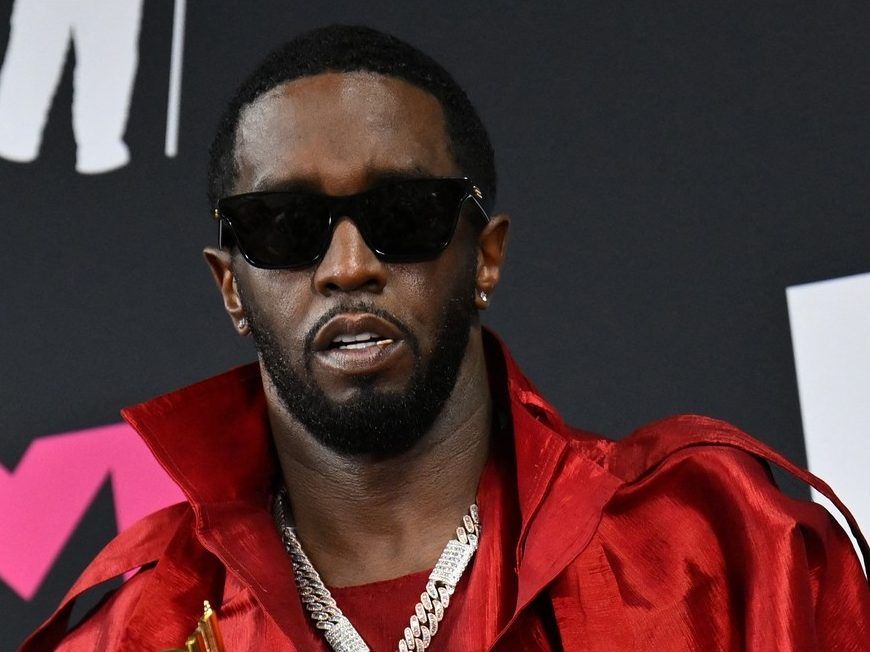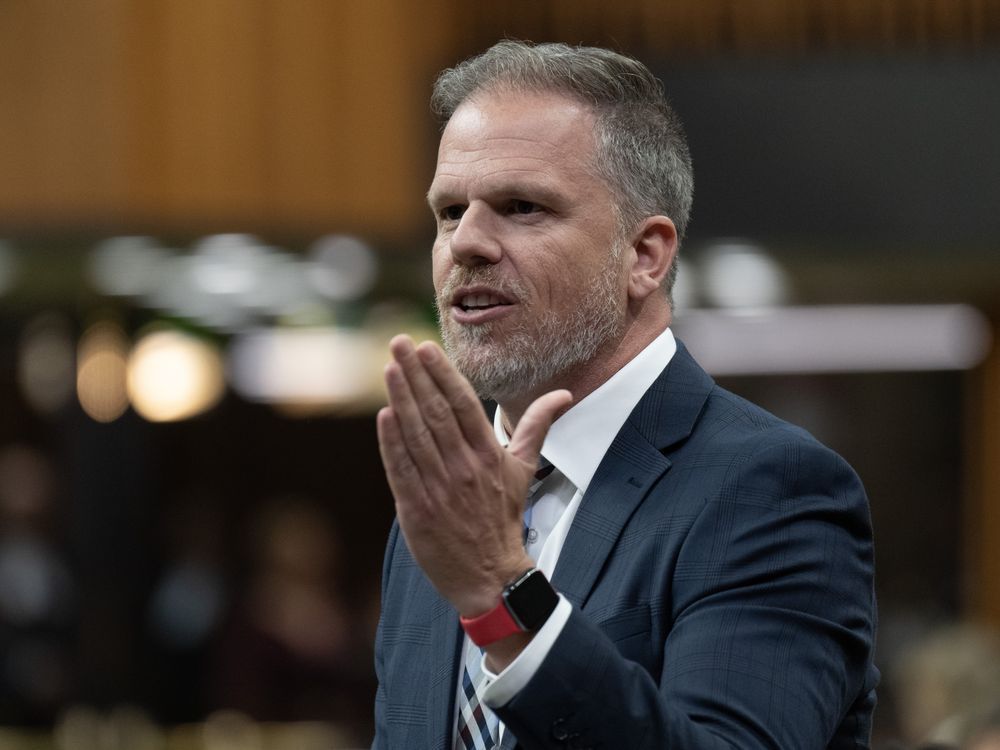Published Sep 09, 2024 • 3 minute read

In a recent development that may signal a notable shift in corporate governance within the agri-food sector, both Molson Coors and John Deere have announced the termination of their existing equity, diversity and inclusion (EDI) programs this summer.
Advertisement 2
THIS CONTENT IS RESERVED FOR SUBSCRIBERS ONLY
Subscribe now to read the latest news in your city and across Canada.
- Unlimited online access to articles from across Canada with one account.
- Get exclusive access to the Toronto Sun ePaper, an electronic replica of the print edition that you can share, download and comment on.
- Enjoy insights and behind-the-scenes analysis from our award-winning journalists.
- Support local journalists and the next generation of journalists.
- Daily puzzles including the New York Times Crossword.
SUBSCRIBE TO UNLOCK MORE ARTICLES
Subscribe now to read the latest news in your city and across Canada.
- Unlimited online access to articles from across Canada with one account.
- Get exclusive access to the Toronto Sun ePaper, an electronic replica of the print edition that you can share, download and comment on.
- Enjoy insights and behind-the-scenes analysis from our award-winning journalists.
- Support local journalists and the next generation of journalists.
- Daily puzzles including the New York Times Crossword.
REGISTER / SIGN IN TO UNLOCK MORE ARTICLES
Create an account or sign in to continue with your reading experience.
- Access articles from across Canada with one account.
- Share your thoughts and join the conversation in the comments.
- Enjoy additional articles per month.
- Get email updates from your favourite authors.
Article content
In place of these initiatives, they have opted for what they describe as a “more comprehensive approach.” This move reflects a broader discourse unfolding in boardrooms globally, where the long-term viability of “wokeness” as a business strategy is increasingly debated.
Historically, EDI efforts have been championed as essential not only for cultivating an inclusive workplace but also for boosting company performance. The logic has been straightforward: diverse teams are often more innovative and more adept at addressing the needs of a varied customer base. Indeed, the value of a diverse workforce and management team is particularly recognized in the food sector, traditionally dominated by white males. However, the recent strategic pivot by American companies Molson Coors and John Deere—suggests a shift towards an inclusivity model that diverges from the conventional EDI framework.
By signing up you consent to receive the above newsletter from Postmedia Network Inc.
Article content
Advertisement 3
Article content
The term “woke,” often used pejoratively, has come to encapsulate and critique activism predominantly aimed at defending the rights of minority and marginalized groups, drawing on concepts from academic fields like critical race theory to advocate for social justice. Although necessary, the frequent usage of the term has diluted its impact.
Molson Coors’ adoption of a “more comprehensive approach” implies a strategy that integrates inclusivity into the broader fabric of business practices rather than maintaining it as a parallel initiative. This could represent a more intrinsic and holistic method of embedding inclusivity throughout the company’s operations, arguably more effective than standalone initiatives.
Advertisement 4
Article content
This strategic shift prompts a crucial question: Does an overt focus on “wokeness” undermine financial sustainability, particularly when corporate revenues are under pressure? The implication here is that there may be a diminishing return on investment from EDI programs that are poorly integrated into the core operations of the company or fail to engage all stakeholders. It appears both companies have recognized this misalignment and are transitioning towards a model that seeks to uphold inclusivity while potentially enhancing financial health and shareholder value.
The accounting of EDI benefits may be flawed, preventing companies from fully recognizing its contributions. While public sectors and educational institutions can persist with EDI initiatives without risking insolvency, private corporations face existential financial pressures.
Advertisement 5
Article content
Critics may view this change as a regression in addressing systemic inequities within these corporations. A significant concern remains that without dedicated EDI initiatives, issues of underrepresentation, bias, exclusion and racism could re-emerge or intensify. Thus, the challenge for Molson Coors and John Deere is to demonstrate that their revamped strategies are not merely superficial changes but genuine attempts to integrate inclusivity into their corporate ethos—a process that will take decades.
Both companies now must demonstrate that their revised approach is not just a cost-saving measure but a sustainable strategy that can enhance corporate culture, improve employee morale, and meet the needs of a diverse global market. They need to prove that inclusivity can be synonymous with profitability, not merely an adjunct or a regulatory compliance issue but a core business tenet.
Other corporations observing these changes will be eager to determine whether this strategic refinement leads to increased competitiveness and market leadership. This could establish a new benchmark for how businesses incorporate social values into their operational models, shifting from a narrow focus on ‘wokeness’ to a broader, possibly more enduring understanding of inclusivity and equity in the corporate landscape.
— Dr. Sylvain Charlebois is the Director of the Agri-Food Analytics Lab at Dalhousie University and Co-Host of The Food Professor Podcast.
Article content
.png)
 1 week ago
10
1 week ago
10































 Bengali (BD) ·
Bengali (BD) ·  English (US) ·
English (US) ·